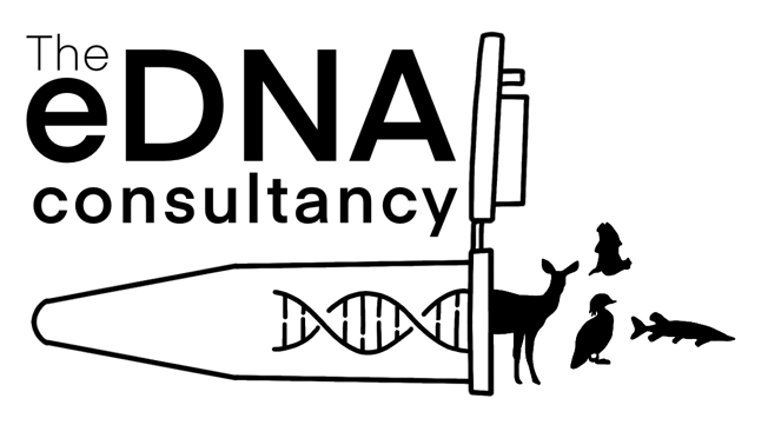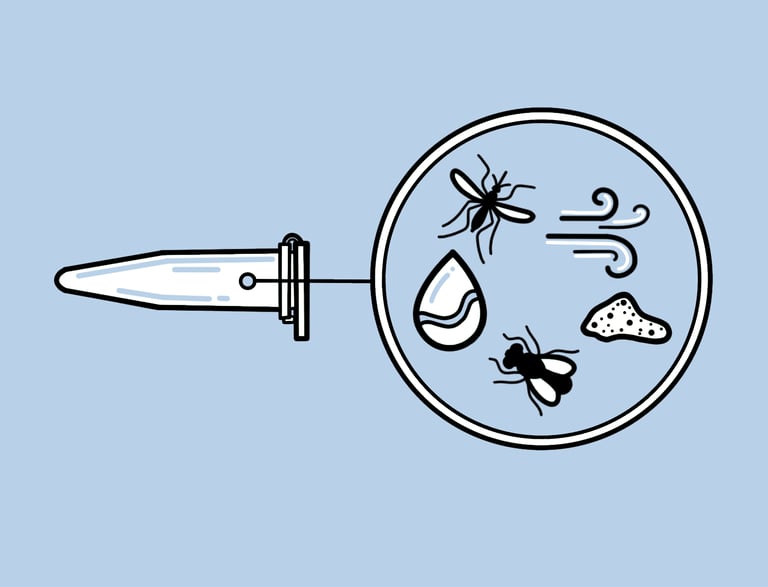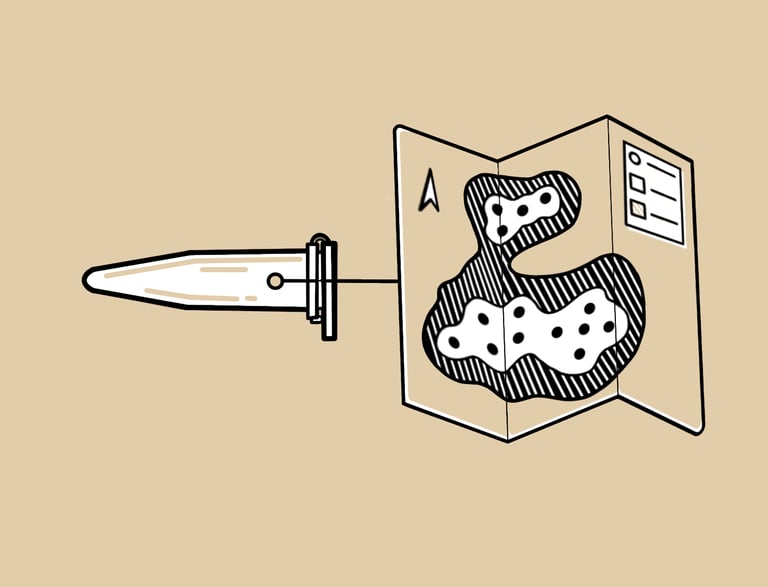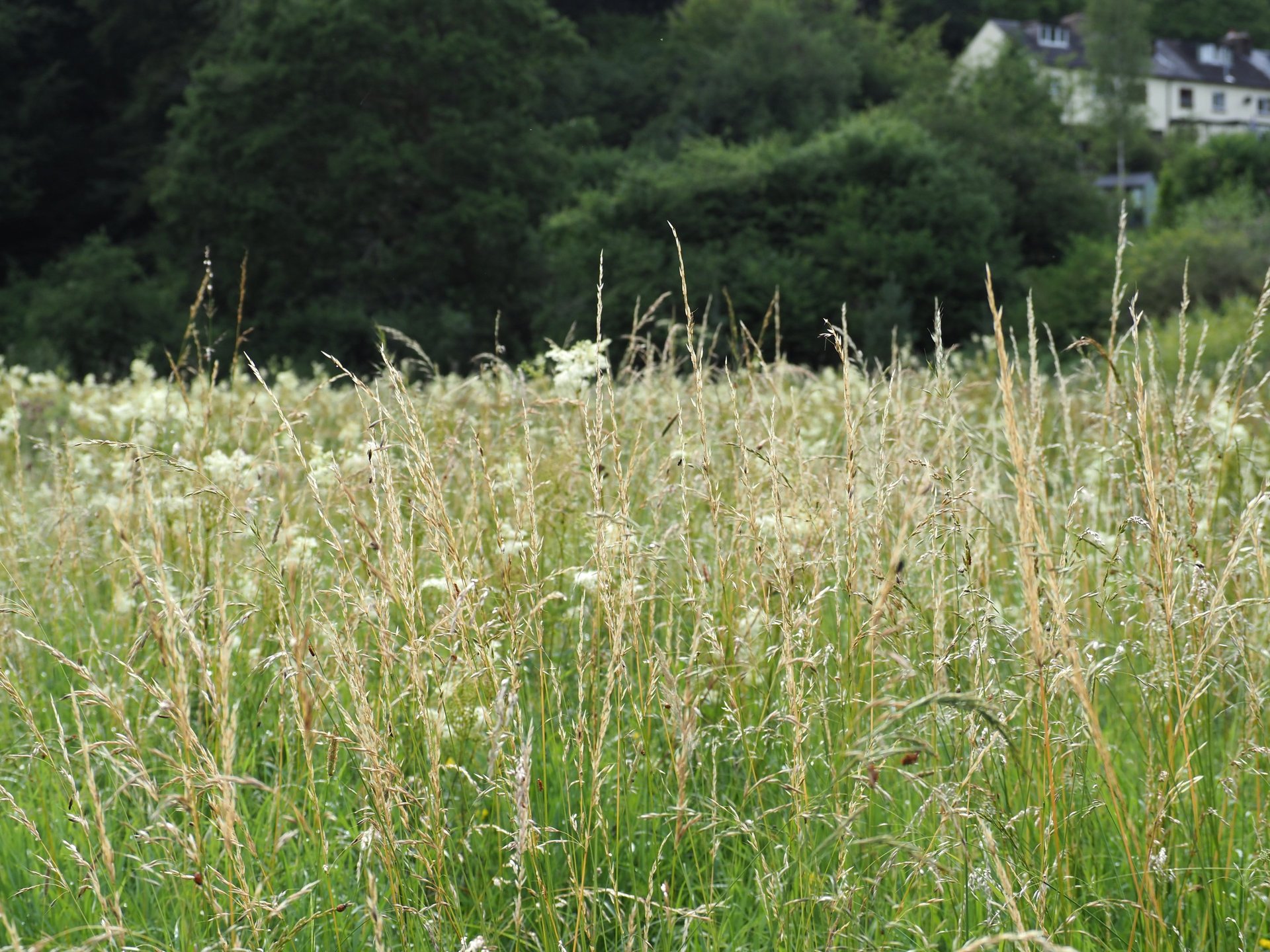
Training in eDNA techniques
Comprehensive training tailored to your needs


As a consultancy, we can manage the full survey design and all post-laboratory data analyses on your behalf. If you would like to develop your eDNA expertise, we also offer a range of introductory training courses designed for conservation practitioners seeking deeper insight into these methods.
11
5
Courses delivered in countries
Training courses and workshops delivered
228+
Attendees
Our training in numbers:
Our online training courses run several times a year, delivered in six-week blocks. You can enrol on one, two or all three modules, depending on your needs and experience.
Participants taking two or more modules are invited to an end-of-course drop-in session in week six. This is an opportunity to refine your survey aims, stress-test your methodology, and get expert feedback before planning your next eDNA project.
If you have a group of five or more people and would like online training outside our scheduled teaching blocks, please get in touch. We can arrange a private course tailored to your needs.
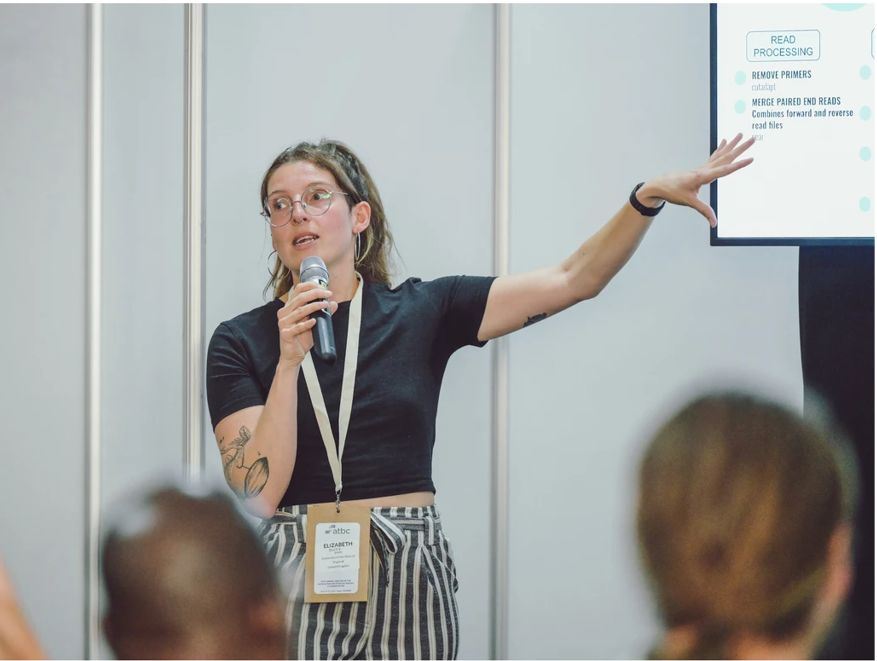

We run our in-person training days on site at some of the UKs most progressive conservation projects which sets our training in context. If you would like to host a public course, please get in touch. Private in-person training can also be arranged for small groups.
Course Information
Our online courses are aimed at helping conservation practitioners maximise the potential of eDNA in their field. If you are an academic researcher and unsure whether the course will be suitable for you please get in touch, we're happy to discuss whether it will be appropriate. Places are limited to a maximum of 30 participants, with up to 65% of places available for participants from mid (MI) and low-income (LI) countries. More information below*.
Booking form
Please fill in the form to request a place on a course. Submitting the form doesn’t automatically secure your place, we’ll first send you our Terms and Conditions and a payment link. Your place is guaranteed once payment has been made.
*A note on our pricing
To make our training as accessible as possible, we have kept our prices as low as we can. We use a tiered pricing structure based on country income levels, with reduced rates available for participants from middle-income countries, and free courses for those from low-income countries. This helps ensure that practitioners working in biodiversity-rich but resource-limited regions can access the same high-quality eDNA training and tools.
If you are based in a middle-income country and cannot afford the course fee, please get in touch – we may be able to support you.
Low-income countries (LI) - Afghanistan, Burkina Faso, Burundi, Central African Republic, Chad, DR Congo, Eritrea, Ethiopia, Gambia, Guinea-Bissau, Liberia, Madagascar, Malawi, Mali, Mozambique, Niger, North Korea, Rwanda, Sierra Leone, Somalia, South Sudan, Sudan, Syria, Togo, Uganda, Yemen.
Middle-income countries (MI) - Albania, Algeria, Angola, Argentina, Armenia, Azerbaijan, Bangladesh, Belarus, Belize, Benin, Bhutan, Bolivia, Bosnia and Herzegovina, Botswana, Brazil, Cambodia, Cameroon, Cape Verde, China, Colombia, Comoros, Costa Rica, Cuba, Djibouti, Dominica, Dominican Republic, Ecuador, Egypt, El Salvador, Equatorial Guinea, Eswatini, Fiji, Gabon, Georgia, Ghana, Guatemala, Guinea, Haiti, Honduras, India, Indonesia, Iran, Iraq, Ivory Coast, Jamaica, Jordan, Kazakhstan, Kenya, Kiribati, Kyrgyzstan, Laos, Lebanon, Lesotho, Libya, Maldives, Malaysia, Marshall Islands, Mauritania, Mauritius, Mexico, Micronesia, Moldova, Mongolia, Montenegro, Morocco, Myanmar, Namibia, Nepal, Nicaragua, Nigeria, North Macedonia, Pakistan, Palestine, Papua New Guinea, Paraguay, Peru, Philippines, Republic of the Congo, Samoa, Sao Tome and Principe, Senegal, Serbia, Seychelles, Solomon Islands, South Africa, South Sudan, Sri Lanka, St Lucia, St Vincent and the Grenadines, Suriname, Tajikistan, Tanzania, Thailand, Timor-Leste, Tonga, Tunisia, Turkmenistan, Tuvalu, Ukraine, Uzbekistan, Vanuatu, Venezuela, Vietnam, Zambia, Zimbabwe.
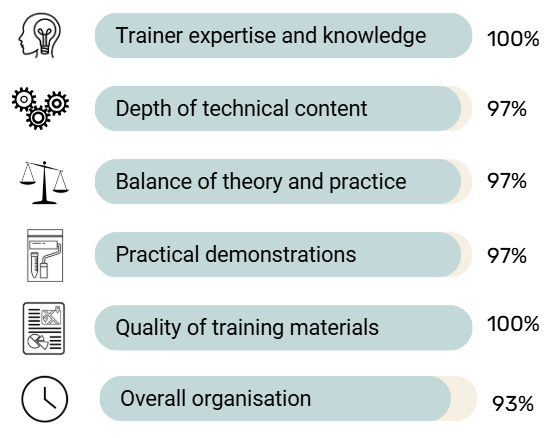

"A technical subject made accessible, relatable, and practical."
Testimonials
"Great session, very informative talk and discussion, and excellent demo."
"Buffy and Laura are extremely knowledgeable and clearly at the cutting edge of their field. I look forward to seeing what they do in future."
"Such an engaging and informative session, welcomed discussion and ideas always accepted."
News
The eDNA Consultancy
Where our expertise meets yours
ADDRESS
Unit 4 & 5, Tanhouse Farm, Frampton on Severn, Gloucestershire, GL2 7EH, GB
INQUIRE ABOUT OUR SERVICES
Web design and graphics by Bear Bones
The eDNA Consultancy Ltd is registered in England and Wales 15508607. VAT no: 482885735 © Copyright The eDNA Consultancy Ltd. All rights reserved.
